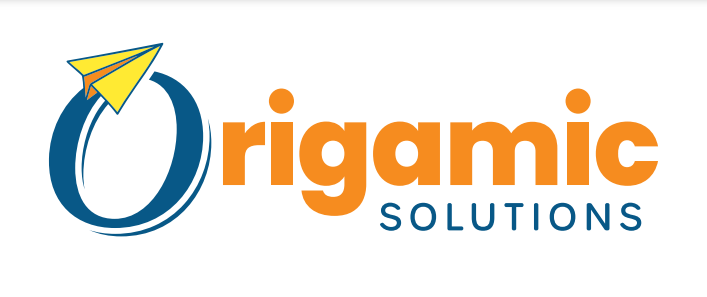Brenda's AI Blunder: The Trust Test – Why Responsible AI Builds More Than Just Efficiency

Brenda, the CEO of Pivotal Solutions, was feeling a sense of momentum. They had learned to define objectives, prepare data, engage their team, set realistic ROI expectations, and even choose the right AI tools. Their latest AI initiative involved using an AI system to help with customer segmentation for more personalized marketing campaigns. It was designed to be efficient and effective.
The system was implemented, and initial results looked promising. However, a few weeks later, Brenda started receiving questions, then concerns, from customers. Some felt their privacy was being invaded. Others noticed patterns in their marketing messages that seemed to imply assumptions about them that weren't quite right, or even felt a little discriminatory. Internally, her team began to question how the AI was making its decisions, and if it was truly fair. Brenda realized, with a jolt, that while they had focused on what the AI could do, they hadn't adequately considered how it should be governed or the ethical implications of its actions. They had neglected the crucial aspects of ethical and governance considerations.
This is the pitfall of Neglecting Ethical and Governance Considerations. In the rush to implement AI, many businesses overlook crucial aspects like data privacy, security, algorithmic bias, transparency, and the responsible use of AI. This oversight can lead to significant reputational damage, legal issues, loss of customer trust, and even internal dissent. Responsible AI isn't just a compliance checkbox; it's a foundation for sustainable business growth and trust.
Why is this such a common trap for small and medium businesses? It's often due to:
- Perceived Complexity: Ethical AI and governance can seem like daunting, abstract concepts, especially for resource-constrained SMBs.
- Focus on Immediate Gains: Prioritizing quick wins and efficiency over long-term trust and risk mitigation.
- Lack of Awareness: Not fully understanding the potential for AI biases or the evolving regulatory landscape around data and AI.
- Assuming Vendor Responsibility: Believing that if a tool is provided by a vendor, all ethical and governance aspects are automatically handled.
Brenda's "aha!" moment came when she understood that trust, once lost, is incredibly difficult to regain. She realized that every AI decision, even an automated one, reflects on her brand and her values. She shifted her focus from merely using AI to responsibly deploying AI, understanding that ethical considerations are not roadblocks, but guardrails that protect her business and its reputation.
My advice to you is this: Integrate ethical and governance considerations into your AI strategy from the very beginning. Understand the potential impacts of your AI systems on customers and employees, and establish clear guidelines for their responsible use. This embodies the principle of strategy over technology, emphasizing that a robust ethical framework is paramount to long-term AI success and customer loyalty. How can you use AI to build trust and ensure fair, transparent operations? Responsible AI is simply good business.
To ensure your AI efforts are ethical, compliant, and build trust, consider these practical steps:
- DO: Understand Data Privacy: Be acutely aware of how your AI uses personal data and ensure compliance with relevant privacy regulations (e.g., GDPR, CCPA).
- DON'T: Ignore Algorithmic Bias: Understand that AI models can inherit biases from their training data. Regularly review your AI's outputs for fairness and unintended discrimination.
- DO: Prioritize Transparency: Where appropriate, be transparent with customers and employees about how AI is being used and what data it's processing.
- DON'T: Assume AI is Always Right: Implement human oversight and review mechanisms for AI-driven decisions, especially those with significant impact.
- DO: Establish Internal Guidelines: Develop clear policies for your team on the ethical use of AI, data handling, and maintaining security.
- DO: Stay Informed on Regulations: The landscape for AI governance is evolving. Keep an eye on new guidelines and best practices relevant to your industry.
- DO: Seek Expert Guidance: Partner with advisors who specialize in practical AI implementation for SMBs. They can help you navigate complex ethical considerations and establish robust governance frameworks.
Next time, we'll explore another common pitfall Brenda faced: "Not Measuring and Iterating" – and why continuous monitoring is essential for sustained AI success. Stay tuned!
If your business is looking to implement AI responsibly or needs guidance on ethical AI and governance, reach out to Origamic Solutions. We specialize in helping businesses like yours pinpoint practical opportunities and achieve real, measurable results with AI. Learn more about our approach to Practical AI here: https://origamicsolutions.com/practicalai

.png?width=352&name=The%20Why%20Before%20the%20What%20(4).png)
.png?width=352&name=Top%2010%20Pitfalls%20for%20Real-World%20Success%20(1).png)
